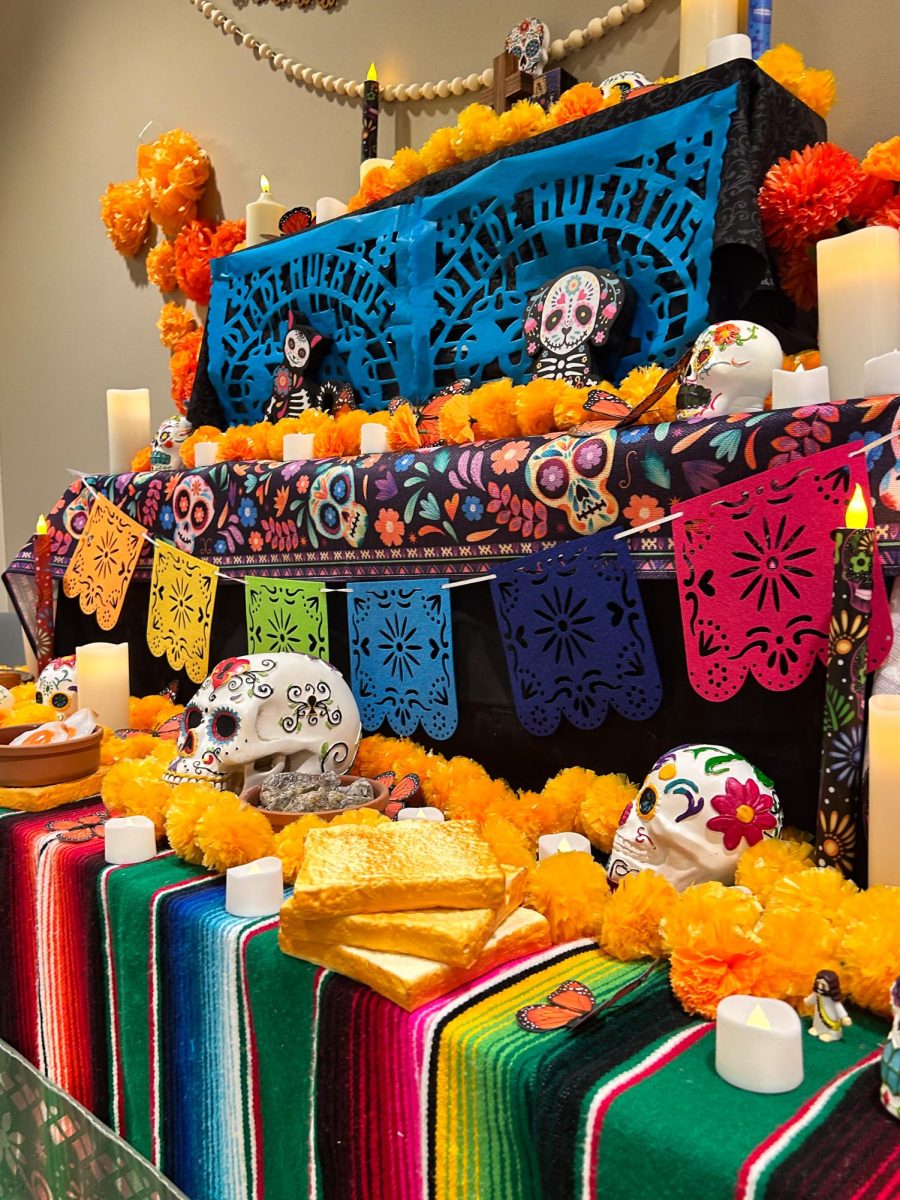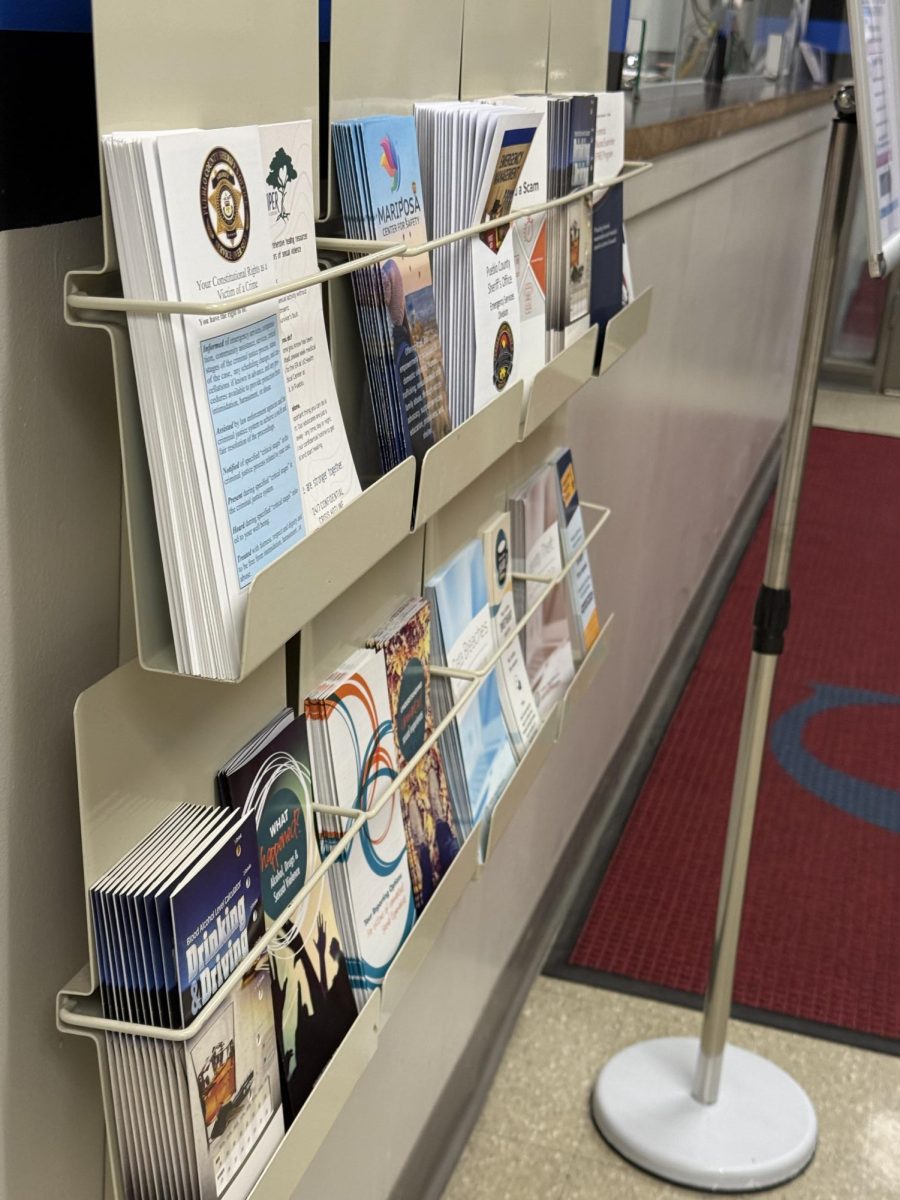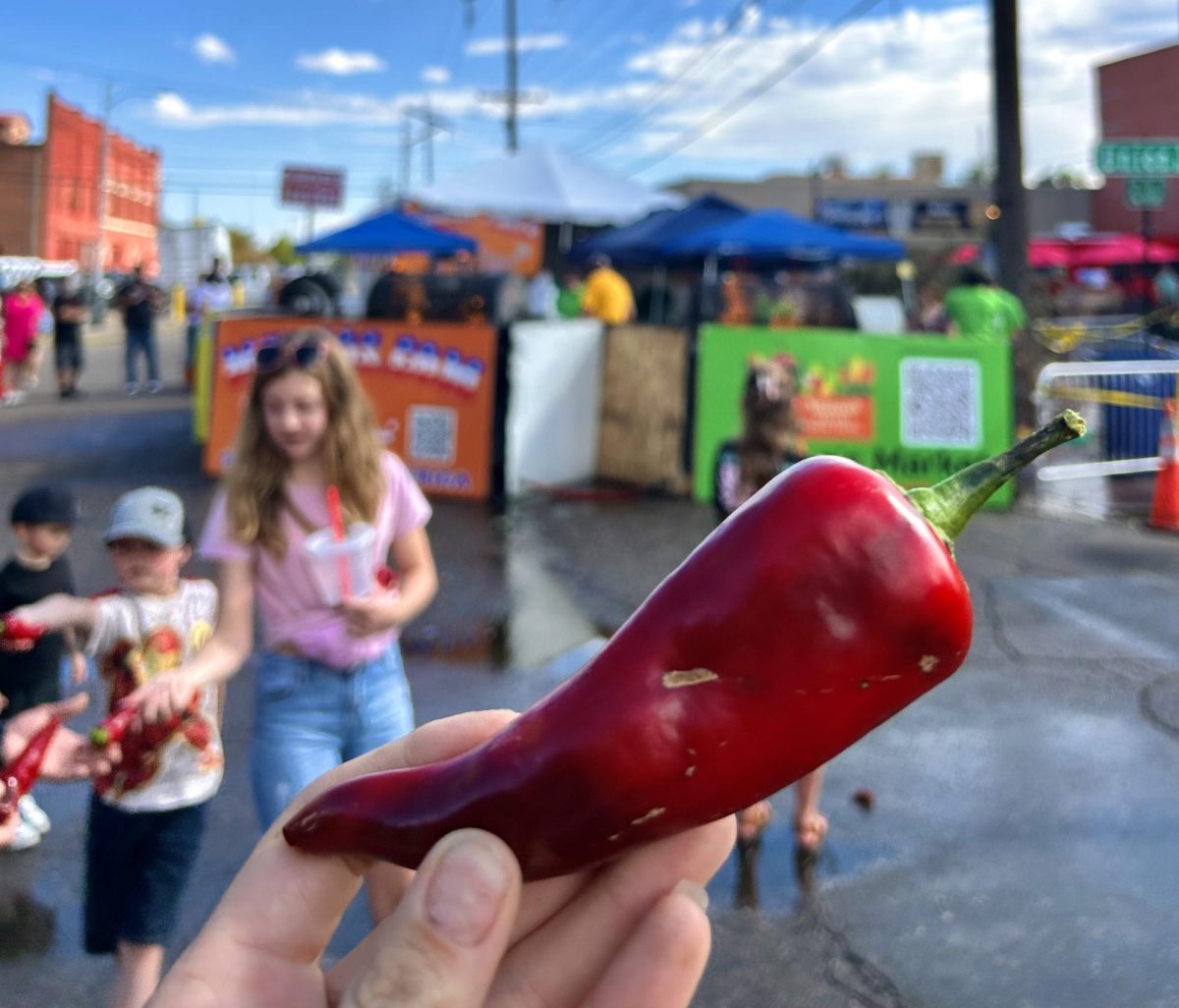
The PCCHD received a grant of $375,000 last year from the Environmental Protection Agency with which to conduct a study on effective communication during a bioterrorism threat.
According to research assistant Beth Penrod, Pueblo is one of only two communities nationwide selected to participate in this research project.
“The two agencies will work together to develop effective risk communications after a large scale biological incident,” said Public Health Director Christine Nevin-Woods in an informative letter about the project.
“Research is…to determine best practices with regard to communicating to both community leaders and the public during the clean-up phase of an incident involving the intentional release of biological agents,” the letter said.
The two lead researchers for the project are Mark Korbitz and David Malet. Research assistant Beth Penrod will help gather the information which Malet and Korbitz will analyze.
Malet was the former director of the Center for the Study of Homeland Security at CSU-Pueblo. Although he has relocated to Australia to teach political science at the University of Melbourne, he continues to be the head researcher for the project.
Korbitz, who recently accepted a teaching position at Otero Junior College, was formerly the Regional Coordinator for Emergency Preparedness and Response according to Nevin-Wood’s letter.
Malet and Korbitz hope to present the findings of the study at national conferences and eventually publish an article about the findings in a peer reviewed journal.
The original intention of the researchers was to limit participation to only Pueblo County residents; however they changed the qualification in order to obtain more diversity in the results.
Now any person 18 years or older may participate.
Penrod affirmed that CSU-Pueblo students are perfect candidates for the research.
Students who wish to participate may check their student email account for an email from Cora Zaletel. Attached to this email is a questionnaire and an enrollment sheet. Students have several options for completing it including filling it out and sending it online, printing it out and mailing it to the health department, or calling for more information.
The official title of the project is “Risk Communication for Biological Decontamination.” According to Penrod, volunteers will be asked to respond to bioterrorism scenarios in Pueblo County as though they were real.
The project began in October 2011 and will last for three years, ending in September 2014.The portion students are participating in, however, is only six months long. The study will conclude sometime in mid-March, though an exact date is not yet known.
The study will be conducted primarily through email and will take contributors approximately 30-60 minutes per month to complete.
This is the last week to enroll, as the deadline for enrollment is Friday, Sept. 14. Penrod expressed regret that no compensation could be given to participants. “[Benefits include] knowing that you will be helping other people worldwide,” she said.









